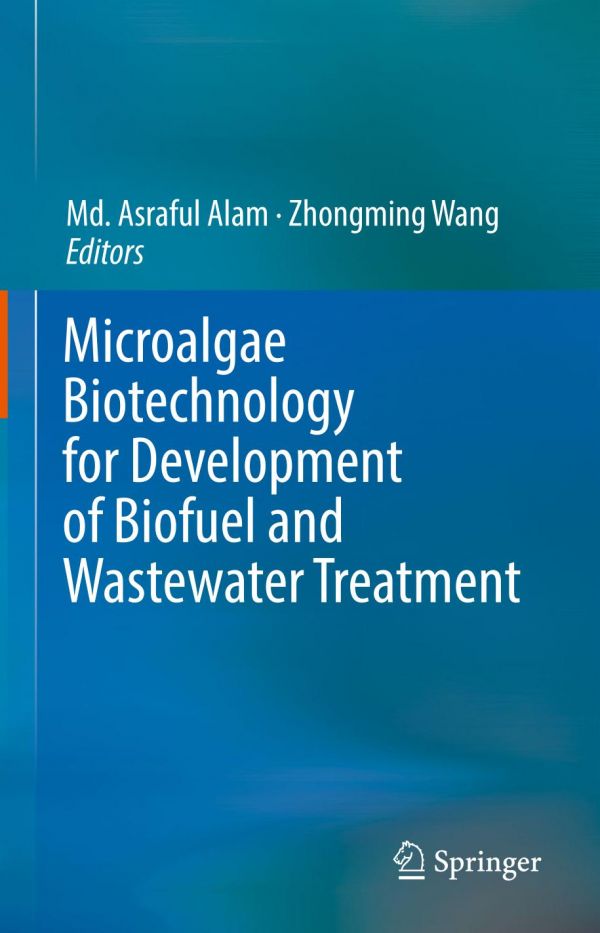

Most ebook files are in PDF format, so you can easily read them using various software such as Foxit Reader or directly on the Google Chrome browser.
Some ebook files are released by publishers in other formats such as .awz, .mobi, .epub, .fb2, etc. You may need to install specific software to read these formats on mobile/PC, such as Calibre.
Please read the tutorial at this link: https://ebookbell.com/faq
We offer FREE conversion to the popular formats you request; however, this may take some time. Therefore, right after payment, please email us, and we will try to provide the service as quickly as possible.
For some exceptional file formats or broken links (if any), please refrain from opening any disputes. Instead, email us first, and we will try to assist within a maximum of 6 hours.
EbookBell Team

0.0
0 reviewsThis book addresses microalgae, which represent a very promising biomass resource for wastewater treatment and producing biofuels. Accordingly, microalgae are also an expanding sector in biofuels and wastewater treatment, as can be seen in several high-profile start-ups from around the globe, including Solix Biofuels, Craig Venter’s Synthetic Genomics, PetroSun, Chevron Corporation, ENN Group etc. In addition, a number of recent studies and patent applications have confirmed the value of modern microalgae for biofuels production and wastewater treatment systems.
However, substantial inconsistencies have been observed in terms of system boundaries, scope, the cultivation of microalgae and oil extraction systems, production costs and economic viability, cost-lowering components, etc. Moreover, the downstream technologies and core principles involved in liquid fuel extraction from microalgae cells are still in their early stages, and not always adequate for industrial production. Accordingly, multilateral co-operation between universities, research institutes, governments, stakeholders and researchers is called for in order to make microalgae biofuels economical. Responding to this challenge, the book begins with a general introduction to microalgae and the algae industry, and subsequently discusses all major aspects of microalgal biotechnology, from strain isolation and robust strain development, to biofuel development, refinement and wastewater treatment.